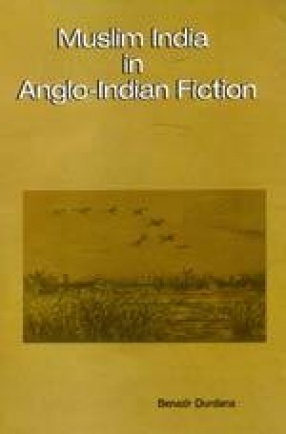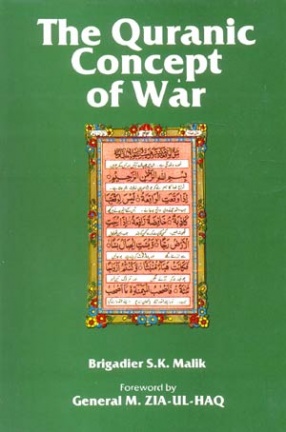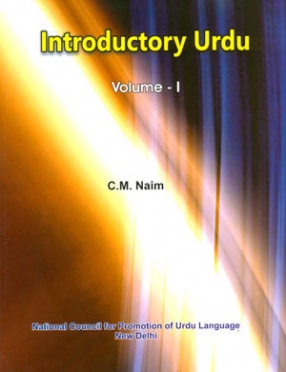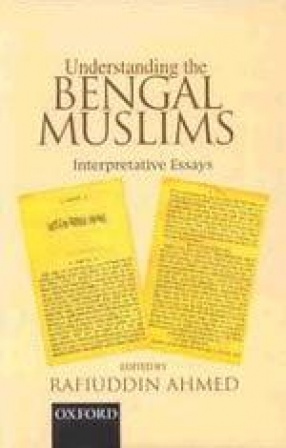Muslim India in Anglo-Indian Fiction
In spite of being a global community of people, Muslims tend to be dismissed as peripheral if not actually injurious to modern civilization. The community as a whole is generally represented in the west as uninspired, unproductive, inflexible and violent. In serious, intellectual encounters, Muslims add up to only a marginal presence. The writer attempts to counteract these perceptions by analyzing the specific nature of such representations and exploring the hidden and manifest drives that caused Anglo-Indian fiction to cast Islam in these particular images. She examines the implications of these representations and suggests that a kind of deep-rooted fear of Islamic culture often led western writers to falsify their first-hand experiences of the Muslim world, even when they had close interactions with Muslims. The writer closely examines the representations of Muslim India in three Anglo-Indian texts: Confessions of a Thug by Philip Meadows Taylor, Kim by Rudtyard Kipling and A Passage to India by E.M. Forster. By way of comparison, she discusses the work of four Muslim authors contemporary with the Anglo-Indian authors in the study. Brief summaries of the Bangla novels -- Meer Mosharraf Hussain's Udasin Pathiker Moner Kotha, Najibur Rahman's Anwara, Kazi Abdul Wadud's Nadibakkhey, and Kazi Emdadul Haque's Abdullah - have been appended.
Get it now and save 10%
BECOME A MEMBER







Bibliographic information